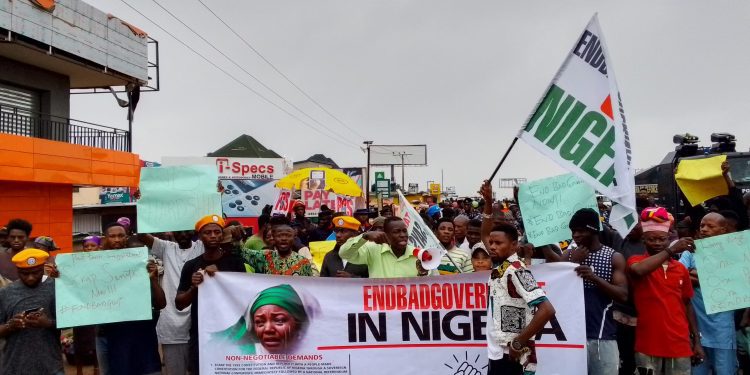Yesterday’s protests obviously did not rise to the level that some people may have expected or hoped for in terms of scale of the protests and how widespread they were, if you are looking at the number of protesters on the streets or the number of locations around the country where there were significant numbers of protesters. As a result of this, some analyses or commentaries have suggested that the protest was a failure.
I beg to differ and insist that the protests have been a huge success already. And in reaching my own conclusion that the protests have been very successful, I am using completely different metrics, based on what the purpose of the protest was in the first place.
I do not believe that we can measure the success or otherwise of a protest only in terms of the number of people on the streets or how widespread the protests were. Nor should we assess the success or otherwise of protests by the level of intensity, violence or fear that they generated.
Protests are a form of expression through which people express their dissatisfaction with or indeed support for any issue or action. In other words, people want to voice their opinions and feelings on an issue or action and be heard on these. There is really no expectation that whatever change people are seeking will happen on the streets, during the protests, no matter how intense the protests are and no matter the level of violence. Indeed, violence tends to lead to loss of public support for protests as most ordinary people find violence distasteful and even frightening. In addition, the destruction of public infrastructure or private property serves no useful purpose and just takes a people back.
If we agree with this premise, then the only conclusion anyone can arrive at now is that the protests have been 100 percent successful. Hardly anybody in Nigeria today is talking about anything other than the protests and the reasons for it. There is hardly any part of the country where it is not a topic of discussion or the major thing occupying people’s consciousness.
The mere notice of the protests and subsequent expectation of it as well as yesterday’s activities across the country, have clearly put the issue on the front burner of public discourse and consciousness. What is more, nobody disagrees with the reasons advanced by the protest organizers and participants. Not even the government’s most ardent supporters or defenders. F
In their varied responses and interventions, those advocating against the protests have asked for patience, understanding, time, etc. Some have tried to deflect by arguing that the protests are being sponsored or that there is an underlying political agenda. But none of them disputes the fundamental issue of the current economic hardship in the country or the widespread suffering that most ordinary Nigerians are experiencing. No one is suggesting that people ought to be satisfied with the current security situation, among many other issues.
I suppose, in part, we have the government to thank for the huge success of the protests. The Federal Government, many state governments and many of the critical agencies of government, including security, intelligence and law enforcement apparatus, brought their massive propaganda machinery into play and thereby helped to amplify the issues around the protests and drill them firmly into public consciousness. We can only thank them for lending their kind assistance to publicising the protests in this manner. The protest organizers could not, in their wildest dreams, have hoped to have such reach on their own.
In summary, therefore, we should not fall for or buy into any narrative suggesting that the protests have failed or are failing. Instead of expending more time, energy and resources on a propaganda war aimed at convincing people that the hardship, suffering and insecurity that they are experiencing are not real, but mere figments of their imagination, the government needs to take urgent measures to address this dire situation.
August 2, 2024.

